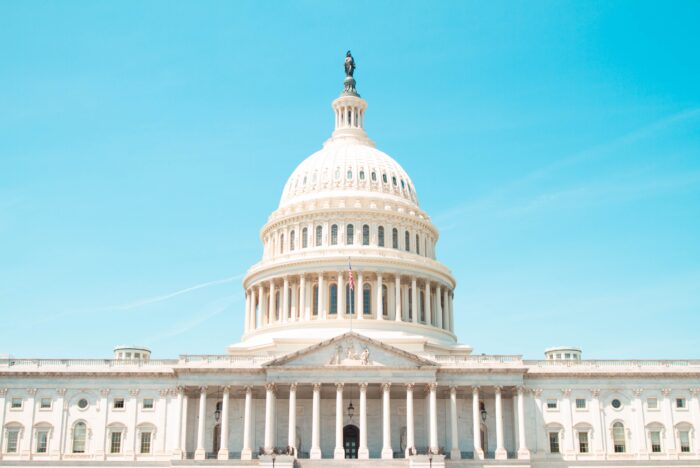It’s important to remember that the State of the Union Address is primarily a political speech and not a comprehensive report on the health of the nation. So, let’s take a closer look at some key metrics that paint a different picture.
Every year, the President of the United States delivers a State of the Union address to Congress, outlining the current state of the nation and highlighting the Administration’s priorities for the coming year.
This year’s address was no different, with President Biden touching on topics such as job creation, infrastructure, and deficit reduction. While these are certainly important indicators of the health of the economy, they don’t tell the whole story.

So, what else should we be paying attention to?
First, let’s take a look at the state of the housing market. Home sales have plummeted by 40% compared to two years ago, a trend that doesn’t bode well for the overall economy. Additionally, food assistance programs have had to increase by 12.5% in response to the rising cost of living, with 12% of Americans now relying on food stamps. The opioid epidemic continues to be a major concern, with preventable drug overdose deaths rising uncontrollably. Another key metric to consider is that unemployment rates don’t take into account the millions of people who have given up on finding work and dropped out of the labor market.
And perhaps most concerning of all is the state of consumer debt. Credit card debt has reached a record high of $1 trillion, with rates surging to an average of 20%. As people struggle to make ends meet, they are increasingly turning to credit cards as a means of survival.
Meanwhile, the US government continues to rack up debt, with the national debt limit being raised 78 times since 1960.
What can be done to address these issues?
The current Administration has taken a step in the right direction with its support of the CHIPS Act, which seeks to bring semiconductor manufacturing back to the US. The country once produced 40% of the world’s chips, but now only accounts for one-tenth of the high-end market.
This is a promising start, but there is more that can be done.
One area that deserves more attention from the White House is the emerging crypto economy. Decentralized money is becoming an increasingly important aspect of our rapidly decentralizing world, and the US cannot afford to miss out. The White House should be engaging in constructive dialogue about how to support and regulate the crypto industry, ensuring that it is accessible and safe for retail investors.
As the crypto economy continues to grow and mature, the importance of regulation cannot be overstated. For retail investors, regulation offers a number of key benefits, including protection from fraud and market manipulation, increased transparency, and better consumer protection.
While the State of the Union address provides a snapshot of the nation’s economy, it is important to dig deeper and examine the broader picture.
The challenges facing the US are numerous and complex, but they can be addressed with a combination of smart policies and innovative solutions. The White House should be looking at all of the available options, including the emerging crypto industry, to ensure a strong and prosperous future.
